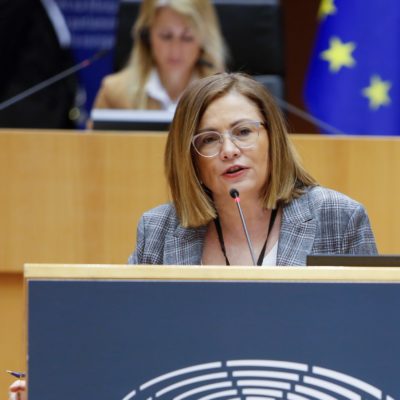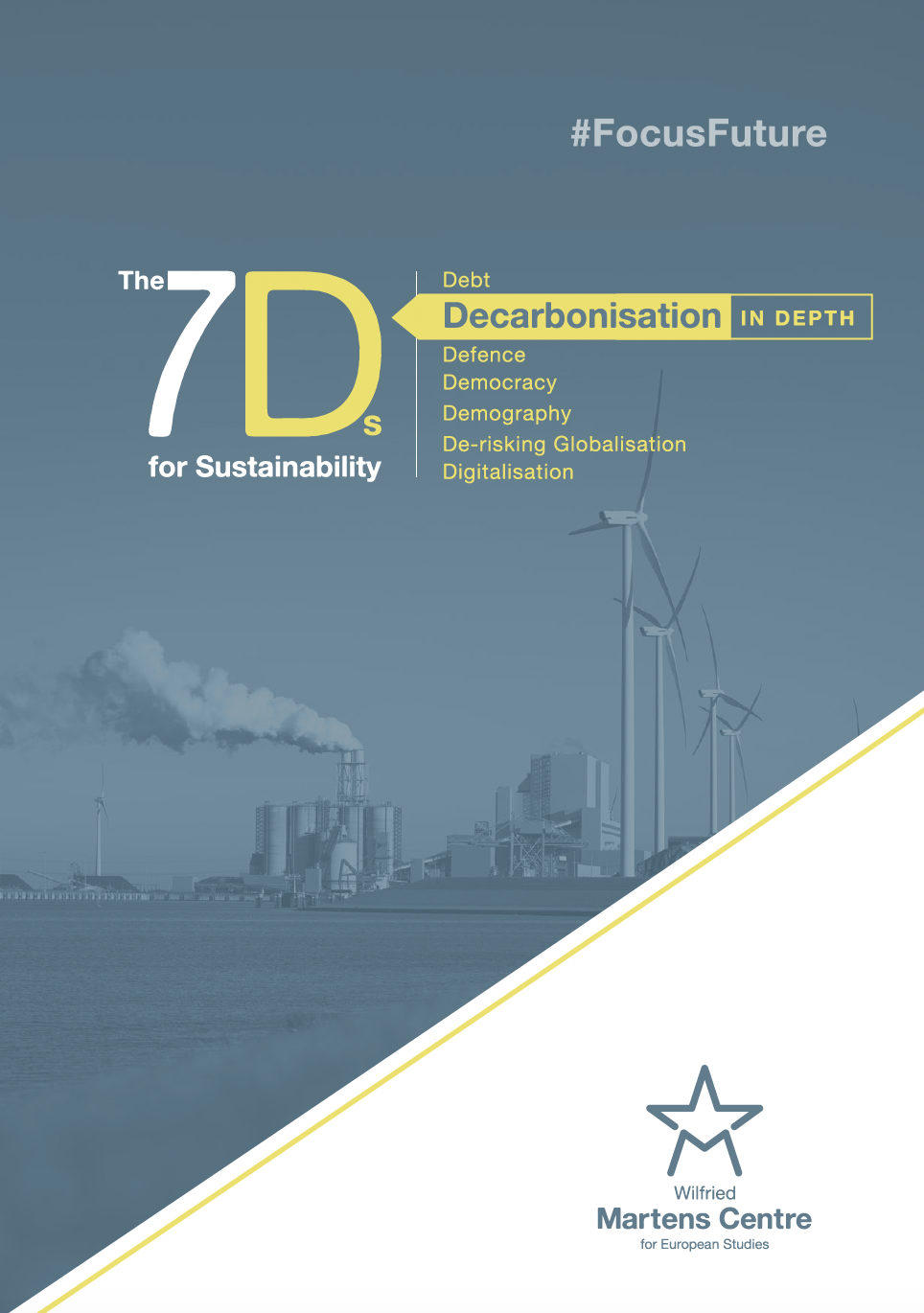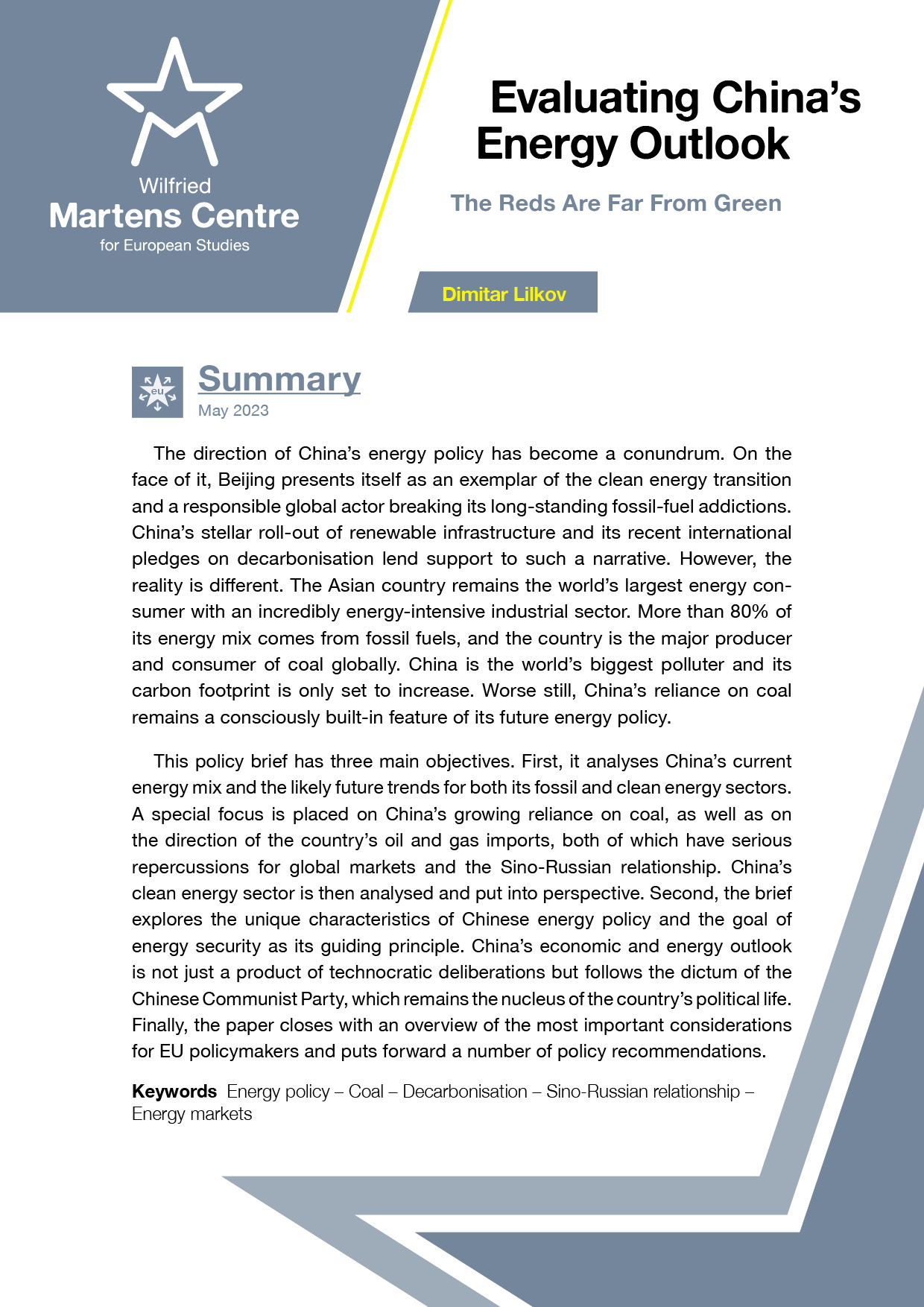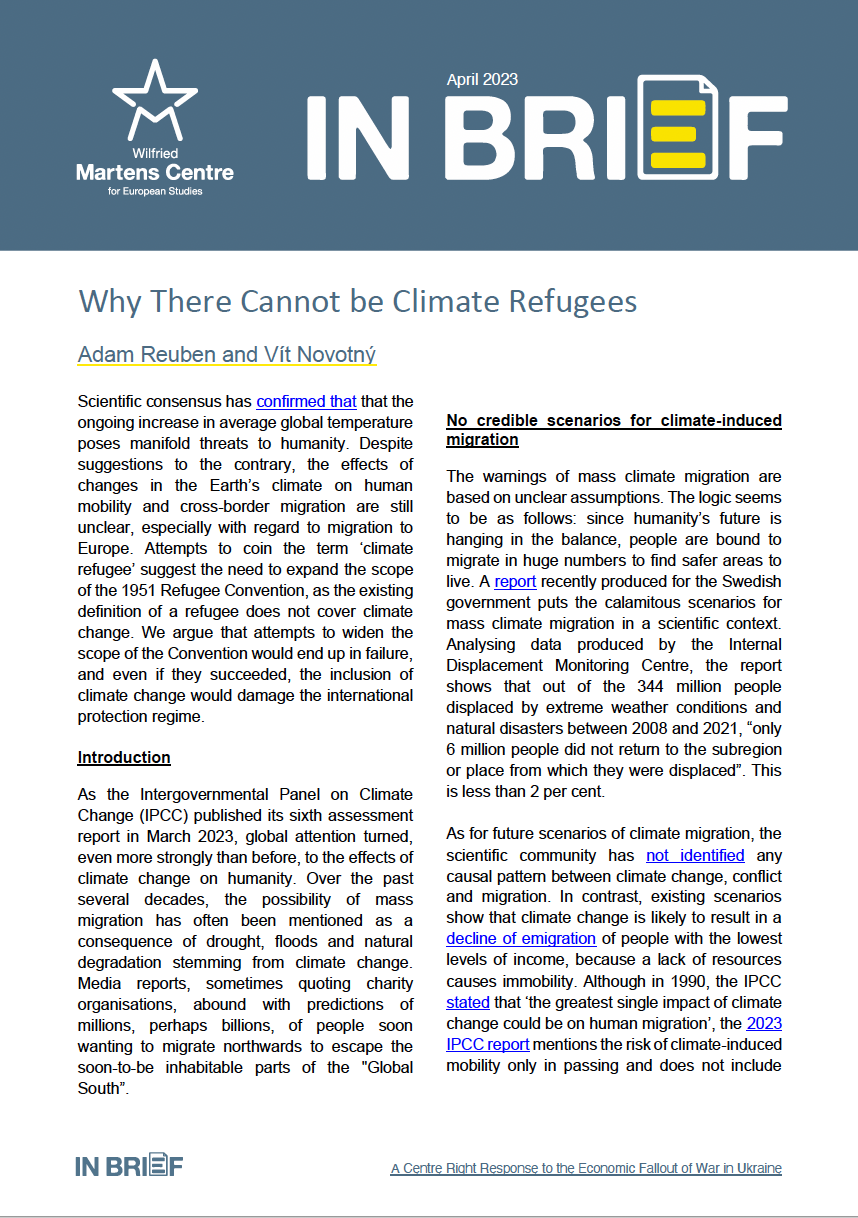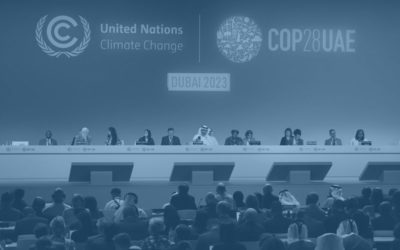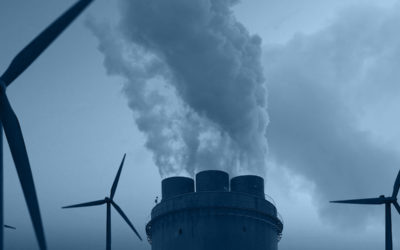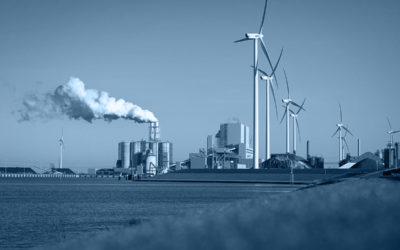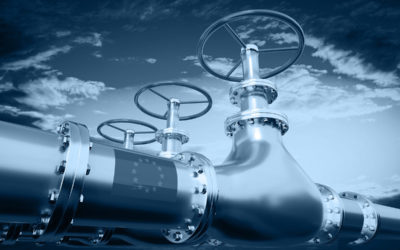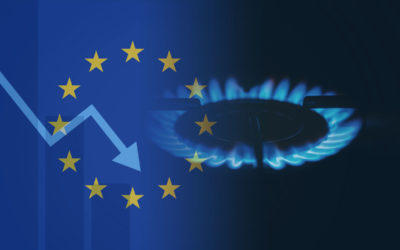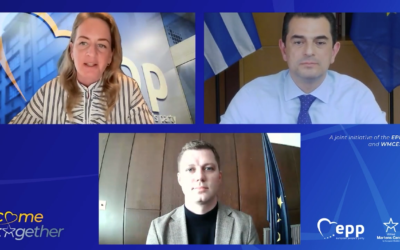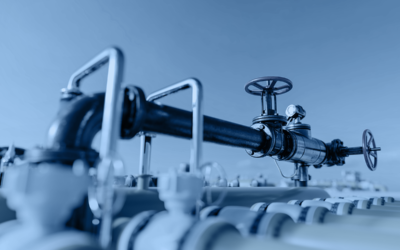Reducing Methane Emissions – Time to Act Now
02 July 2021
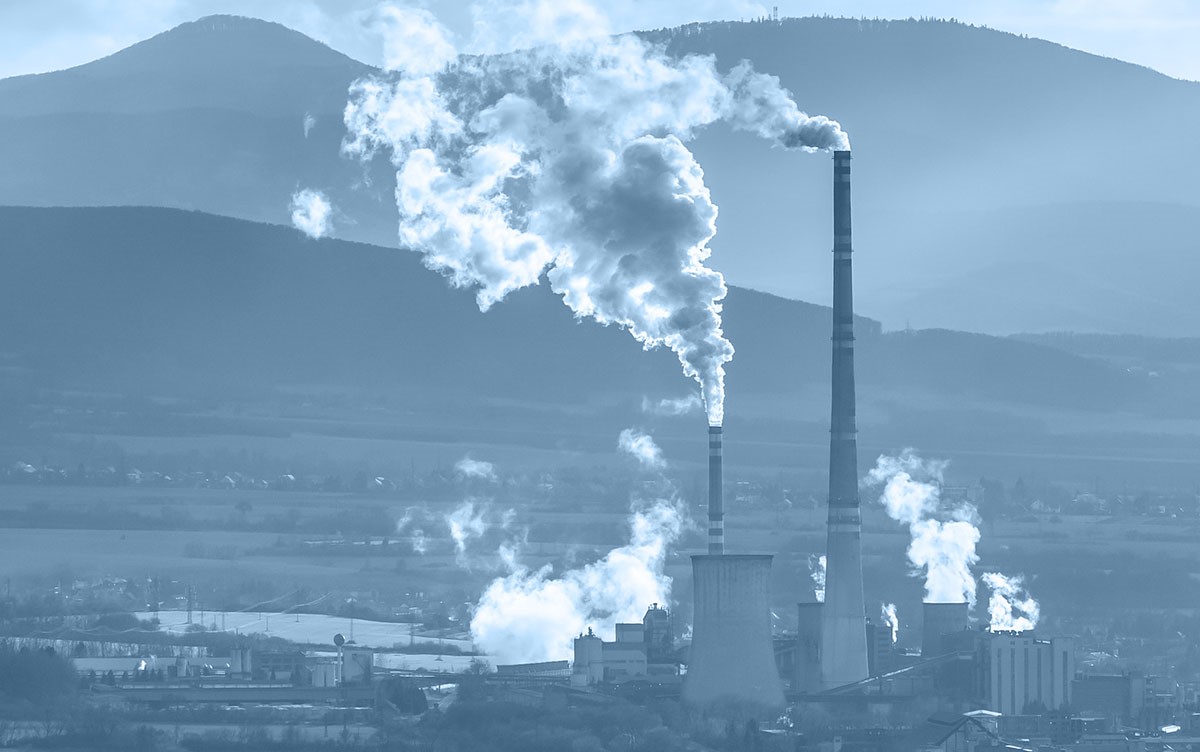
Methane is a powerful greenhouse gas, warming the planet eighty-six times as much as carbon dioxide (CO2) over a 20-year period, before decaying to CO2. While the focus to reduce climate change has rightly been placed on carbon dioxide, methane is the second most important greenhouse gas contributing to the warming experienced to date. It is also a major precursor of ground-level ozone formation, a pollutant that negatively impacts health and crop yields. Reducing methane emissions is indispensable in the fight against climate change, in line with the Paris Agreement’s goals, the European Green Deal and the EU Climate Law.
The most important question that we must answer is: why should we act now?
Climate actions to reduce methane are often included as ‘CO2 equivalents’ in national climate plans, like in commitments made by countries under the Paris Climate Agreement. But the impact of methane and carbon dioxide are not equivalent.
More than half of global methane emissions stem from human activity in three sectors: fossil fuels (35%), waste (20%), and agriculture (40%). In the fossil fuel sector, oil and gas extraction, processing, and distribution account for 23%, while coal mining accounts for 12% of global anthropogenic methane emissions. In this framework, it is important to proceed with an ambitious revision of our environmental legislation, such as the Effort Sharing Regulation and the Landfill Directive.
In the energy sector, imports account for over four-fifths of the oil and gas consumed in the EU, and most methane emissions associated with oil and gas are occurring outside EU borders. That’s why we must explore regulatory tools on fossil energy imports, develop methods with importing and partner countries to align our efforts, and secure a UN-based pathway on methane in 2021. In the meantime, we could proceed with bilateral agreements with these exporting partner countries.
A strong, independent, and scientifically rigorous Monitoring, Reporting and Verification (MRV) system is central to address methane emissions. It is necessary to provide credible data, identify issues and efficient measures, and assess the progress achieved. A mandatory MRV system would also improve Member States’ reporting to the United Nations Framework Convention on Climate Change (UNFCC). A robust MRV framework requires the EU to move away from voluntary approaches and adopt binding harmonised requirements.
Methane emissions are a global issue, and tackling their impact on the environment would require international cooperation, knowledge-building, and best-practices sharing. Given the fast development of monitoring and reporting technologies, the Independent Observatory could be a key institution in identifying and spreading innovations for MRV. Coal mines should also be covered by mandatory MRV for methane emissions, including abandoned mines.
We also have to support the establishment of an independent international methane emissions observatory, in partnership with the United Nations Environmental Programme (UNEP), the Climate and Clean Air Coalition (CCAC), and the International Energy Agency (IEA).
A strong Leak Detection and Repair (LDAR) programme is a critical element of the EU’s strategy to reduce methane emissions and achieve the EU climate and environment goals. The scope should cover the full supply chain of fossil gas, oil, and coal, and include biogas and biomethane to ensure that all methane leaks from the energy sector are covered. It should be flexible enough to quickly adapt and capitalise on the upcoming innovative technologies expected to deliver environmental benefits and cost reduction, such as alternatives technologies sensing methane to be mounted on mobile platforms like trucks, drones, and planes.
In the agricultural sector, we should encourage innovation, and incentivise our industries to adopt the best practices and available technologies. We must ensure that proven, cost-efficient innovations are quickly implemented in the EU and integrated into EU agricultural policies. We must be particularly ambitious in the agriculture sector, in parallel with the Common Agricultural Policy.
By the end of 2021, the EU should – in cooperation with sectoral experts and the Member States – develop an inventory of best practices and available technologies to explore and promote the wider uptake of innovative, mitigating actions. These actions should have a special focus on methane coming from enteric fermentation. In this regard, we have to establish a framework which incentivises and rewards farmers, along with the entire value chain and especially frontrunners, for their efforts.
In the waste sector, the EU should continue to tackle unlawful practices and provide technical assistance to Member States and regions in order to increase the implementation of the existing legislation.We should also help the Member States and regions stabilise biodegradable waste prior to disposal and increase its use to produce climate-neutral, circular, and bio-based materials and chemicals, and divert this waste towards biogas production.
In the review of the Landfill Directive in 2024, the EU should consider further action to improve landfill gas management, minimise its harmful climate effects, and harness any of its potential energy gains. Closure and after-care procedures of landfill cells are key to reducing leakages, taking into account the entire life cycle of landfills. We must provide specific incentives, suited to each Member State’s conditions, to ensure separate collection of bio-waste to the maximum possible extent, including by encouraging public-private sector cooperation.
The immediate implementation of methane reduction measures on human sources of methane could reduce methane emissions by as much as 45% by 2030. Reducing methane now will avoid nearly 0.3 C of warming by 2045. That would vastly reduce the formation of and exposure to ground-level ozone. Most importantly, according to the global methane assessment report, each year after 2040, this would prevent globally:
– 255 000 premature deaths;
– 775 000 asthma-related hospital visits;
– 26 million tonnes of crop losses globally; and
– 73 billion hours of lost labour from extreme heat.
It is time to act now!
Maria Spyraki is an MEP (EPP – ND Greece) – Rapporteur of the EU Strategy to reduce methane emissions.
ENJOYING THIS CONTENT?


